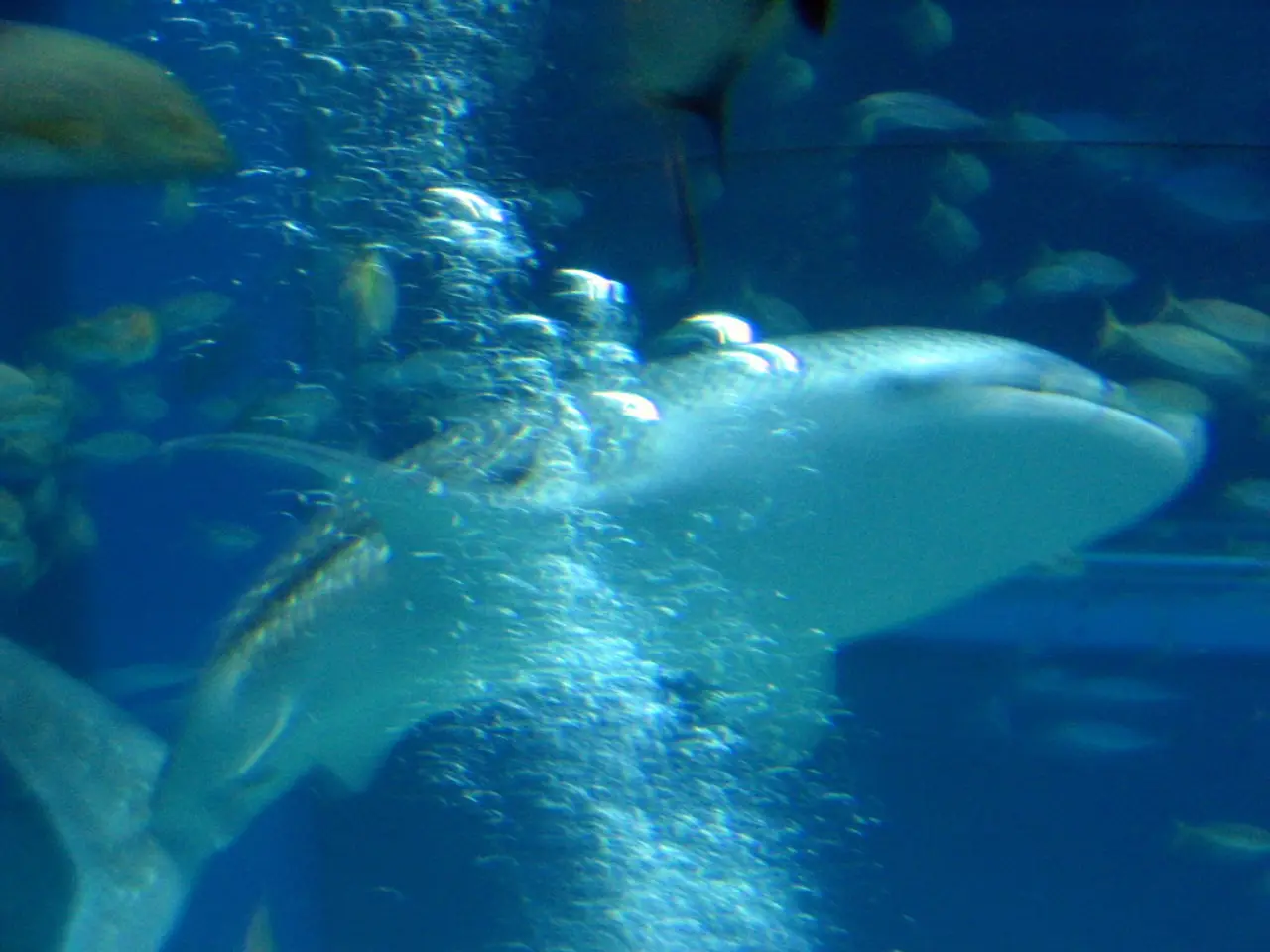Efforts to preserve sand tiger sharks over the years are showing positive results in Boston Harbor
In the 1970s and 1990s, the sand tiger shark population in Boston Harbor faced a severe decline due to intense fishing, with numbers dropping by an alarming 70-90%. However, since the 1990s, when catching and keeping sand tiger sharks was outlawed, conservation efforts have begun to bear fruit.
For nearly two decades, the species has been under protection, leading to optimistic signs of population recovery. These efforts include tagging sharks with tracking devices to monitor their movements, a project conducted by scientists from the New England Aquarium's Anderson Cabot Center for Ocean Life.
Improved water quality in Boston Harbor and an increase in bait fish have also played significant roles in establishing the area as a nursery for sand tiger sharks. This ecological improvement has drawn these sharks to the harbor, supporting their resurgence.
Research scientist Ryan Knotek of the New England Aquarium recently caught a sand tiger shark off Boston Harbor. Before releasing it back into the harbor, the team surgically implanted a tracking tag. These tags can last up to 10 years, providing scientists with a long-term window into the behavior of this slowly rebounding species.
One sand tiger shark that was previously tagged by the New England Aquarium team was caught again, having traveled hundreds of miles and returned to the same marsh. This is a promising sign of the species' recovery and the success of the conservation measures in place.
The recovery of the sand tiger shark population is a slow process, with about 1-2% restored each year. The team's goal is to tag as many sand tiger sharks as possible to understand their movements and potentially advocate for additional protections for the species.
It's important to note that sand tiger sharks are only interested in fish and do not pose a risk to humans. They are juveniles that only come up to Massachusetts waters in the summer. Despite their fearsome appearance, they are crucial to the balance of the marine ecosystem.
The waters in Boston Harbor are cleaner than they used to be, attracting an increase in bait fish and drawing sand tiger sharks in as a nursery area. This ongoing success story of marine species protection reminds us that regulatory protection, habitat improvement, and scientific research can lead to the recovery of threatened species.
[1] Harvey, L. (2021). Sand tiger sharks are making a comeback in Boston Harbor. Boston.com.
[2] New England Aquarium. (n.d.). Sand Tiger Sharks. New England Aquarium.
Read also:
- Experiencing Life's Variety Firsthand: Gaining Insights from Life's Broad Spectrum of Experiences
- Impact of Complex Post-Traumatic Stress Disorder on Romantic Relationships: Symptoms, Causes, and Precautions
- Strategies for Keeping Work Reasonable and Rewarding for those with Autism and ADHD
- Impaired Driving Awareness Campaign Announced by MADD Under the Name "End Herre"







